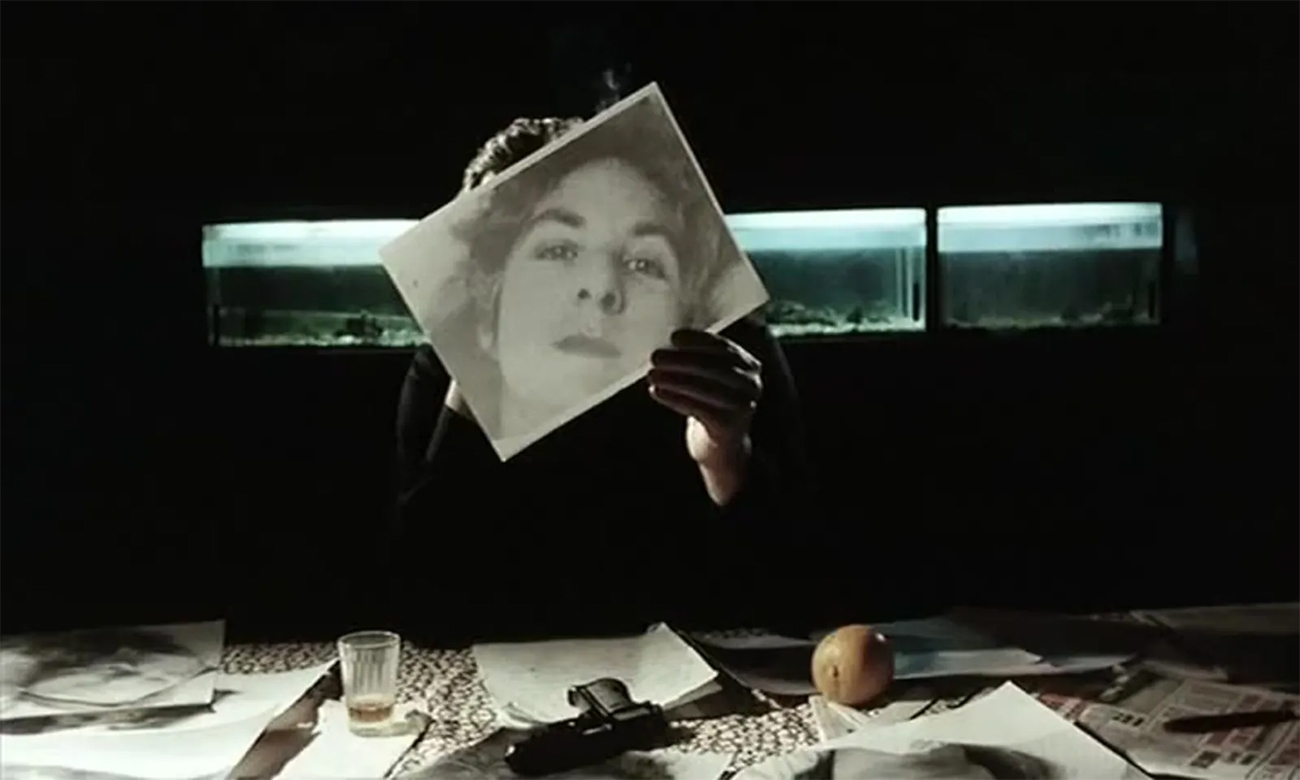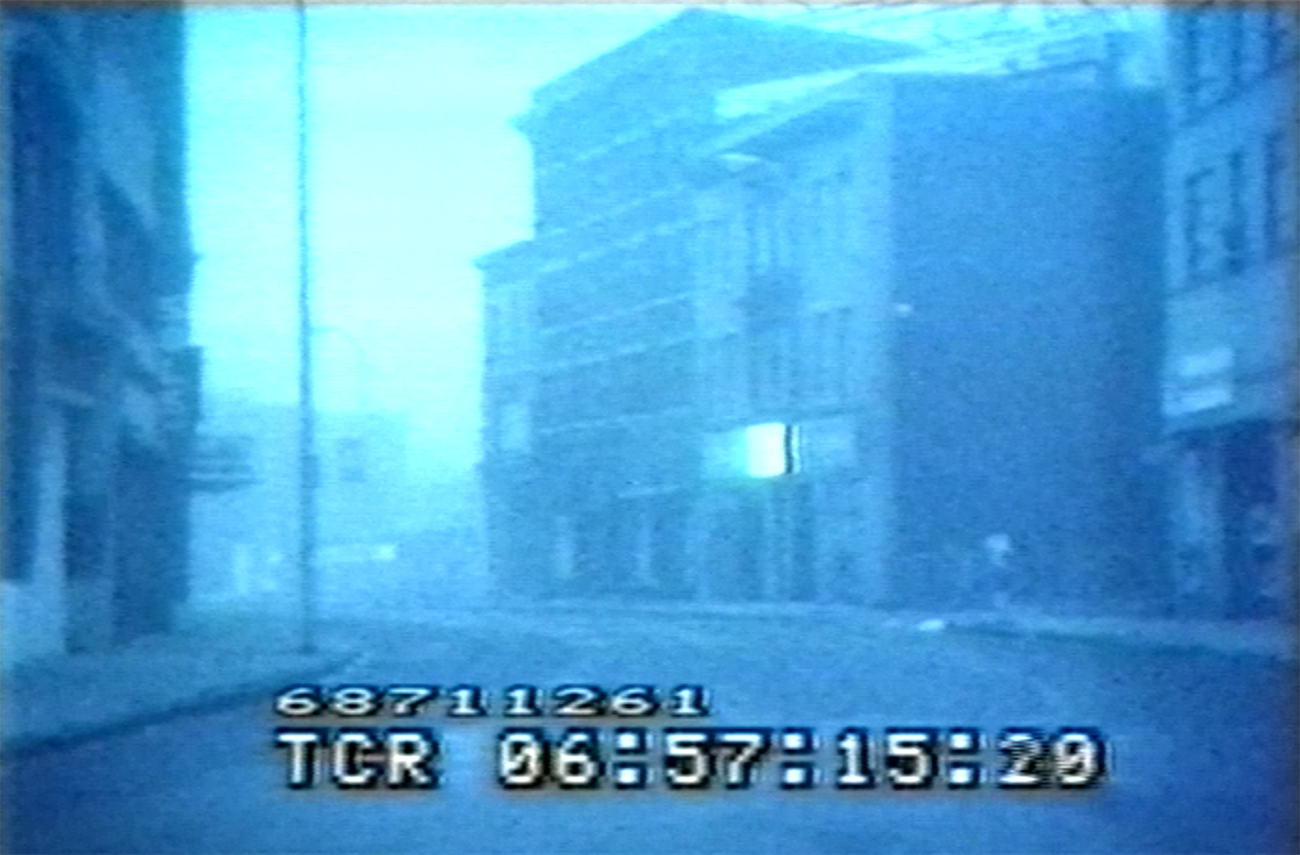Doc’s Kingdom

Twintig jaar na Kramer’s film Ice, waarin Paul McIsaac de leider speelt van een mythische ondergrondse revolutionaire organisatie, keert het personage van Doc terug als een gedesillusioneerde voormalige activist die geneeskunde beoefent als een manier om trouw te blijven aan zijn overtuigingen. Na een verblijf in Afrika kwam hij terecht in Lissabon, waar hij zijn tijd verdeelt tussen het lokale ziekenhuis en zijn eenzame stulpje aan de dokken. “Ga naar huis”, zegt de plaatselijke caféhouder (gespeeld door filmmaker João César Monteiro). Maar Doc kent geen thuis meer. Zijn verleden haalt hem in wanneer zijn zoon (een jonge Vincent Gallo) hem opzoekt vanuit de VS. Een prélude op Route One/USA dat inspiratie vindt in één van Kramer’s favoriete boeken, Malcolm Lowry’s Under the Volcano, en teruggrijpt naar enkele van zijn hoofdthema’s: “de VS, een thuis, een thuisland, waar je onvermijdelijk deel van uitmaakt en waar je voor altijd buiten staat.”
“I am very attached to the idea of geography. Most often, for me, places come before people. Starting with Doc’s Kingdom, what was an important formal idea was the idea of the trajet, a very beautiful word that doesn’t exist in English. It was this idea of filming bodies moving through spaces that interested me. I never liked travellings, very concretely: I couldn’t stand the idea of placing the rails. It seemed to me that it was an incredible pain to lay fifty meters of rails in order to accompany a character. The question was also: how to move in a space in a reasonable length of time, which does not become unbearable?”
English spoken
Dear Doc

Een videobrief geadresseerd aan Kramers medereiziger en handlanger, Paul McIsaac, alias Doc, het hoofdpersonage in Doc’s Kingdom en Route One/USA. Deze openhartige brief, geschreven, gefilmd en samengesteld na de montage van Route One/USA, drukt alle kracht en densiteit uit van een langdurige vriendschap die stand zou houden.
“I’ve always been frightened of what you might call the Jonas Mekas syndrome, which means: ‘I totally embrace my subjectivity’. I had decided to go to the very end, I was going to say everything. Show everything, for once. And then, there’s every way to not even show what you thought you were going to show. I really wanted to reach another level. I wanted to do this by working twentyfour hours a day. You could also call it the Chris Marker syndrome. I was going to plunge into it completely. I wasn’t going to answer the phone, go home, and I’d see what would happen. What did happen is Dear Doc.”
English spoken